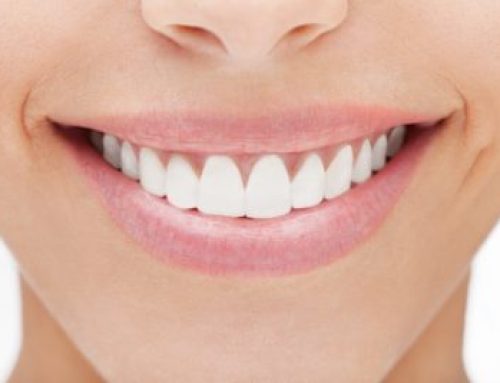 Wellness dentistry is a holistic approach to oral health that focuses on preventative care and overall wellness. This approach to dentistry recognizes that the health of the mouth is closely connected to the overall health of the body, and that good oral hygiene can help prevent a range of health problems. Wellness dentistry emphasizes the importance of regular checkups, cleanings, and at-home oral care to maintain good oral health and prevent problems from developing. It also involves educating patients about the link between oral health and overall health and providing guidance on how to make healthy lifestyle choices that can impact their oral health. Wellness dentistry focuses on maintaining and promoting overall health and well-being through good oral hygiene and preventative care.
Wellness dentistry is a holistic approach to oral health that focuses on preventative care and overall wellness. This approach to dentistry recognizes that the health of the mouth is closely connected to the overall health of the body, and that good oral hygiene can help prevent a range of health problems. Wellness dentistry emphasizes the importance of regular checkups, cleanings, and at-home oral care to maintain good oral health and prevent problems from developing. It also involves educating patients about the link between oral health and overall health and providing guidance on how to make healthy lifestyle choices that can impact their oral health. Wellness dentistry focuses on maintaining and promoting overall health and well-being through good oral hygiene and preventative care.
What is the Link Between Oral Health and Overall Health?
There is a strong link between oral health and overall health. Poor oral hygiene can lead to a range of oral health problems, such as tooth decay, gum disease, and bad breath. These problems can cause pain, discomfort, and even tooth loss if left untreated. In addition to the direct effects on oral health, poor oral hygiene has also been linked to a number of systemic health problems, such as heart disease, stroke, and diabetes. This is because the bacteria that cause oral health problems can enter the bloodstream and affect other parts of the body. On the other hand, good oral hygiene can help prevent these problems and promote overall health and well-being. Maintaining good oral health is an important part of maintaining overall health and well-being.
How do dental procedures and materials affect the human body?
Dental procedures and materials can affect the human body in a number of ways. Some of the potential effects include:
- Pain and discomfort: Dental procedures can cause pain and discomfort, especially if the procedure involves drilling or removing tooth structure. This pain can be managed with local anesthesia, sedation, or pain medication, and it typically subsides within a few days.
- Infection: Dental procedures can also increase the risk of infection, especially if the procedures involve cutting into the gums or penetrating the tooth. This risk can be minimized by using sterile techniques and antibiotics, if necessary.
- Allergic reactions: Some people may be allergic to certain dental materials, such as certain types of metals or rubber. If an allergic reaction occurs, it can cause symptoms such as swelling, redness, and itching. Your dentist can help identify any potential allergies and choose materials that are safe for you.
- Changes in tooth sensitivity: Dental procedures can affect the sensitivity of your teeth, either temporarily or permanently. For example, some procedures may cause temporary sensitivity to hot or cold foods, while others may cause permanent changes in sensitivity. Your dentist can discuss the potential effects of a given procedure on your tooth sensitivity and provide recommendations for managing any sensitivity that may occur.
Overall, dental procedures and materials can affect the human body in various ways, but most of these effects can be managed or minimized with proper care and attention. It is important to follow your dentist’s instructions and to contact your dentist if you experience any unexpected symptoms or complications.
HPS Dental Care is Accepting New Dental Patients
At HPS Dental Care we focus not only on our dental patients’ teeth but also on their overall health. If you would like to find out more about Wellness Dentistry give us a call at 248-652-0024 as soon as possible to schedule a dental appointment and we can determine the best treatment for you. HPS Dental is conveniently located on 24 Mile Road near Shelby Rd. in Shelby Township, MI.



